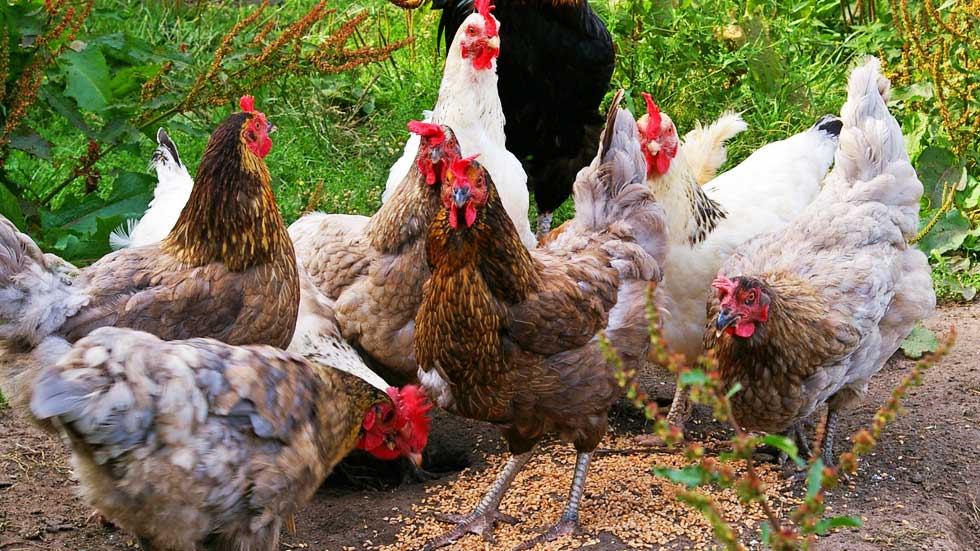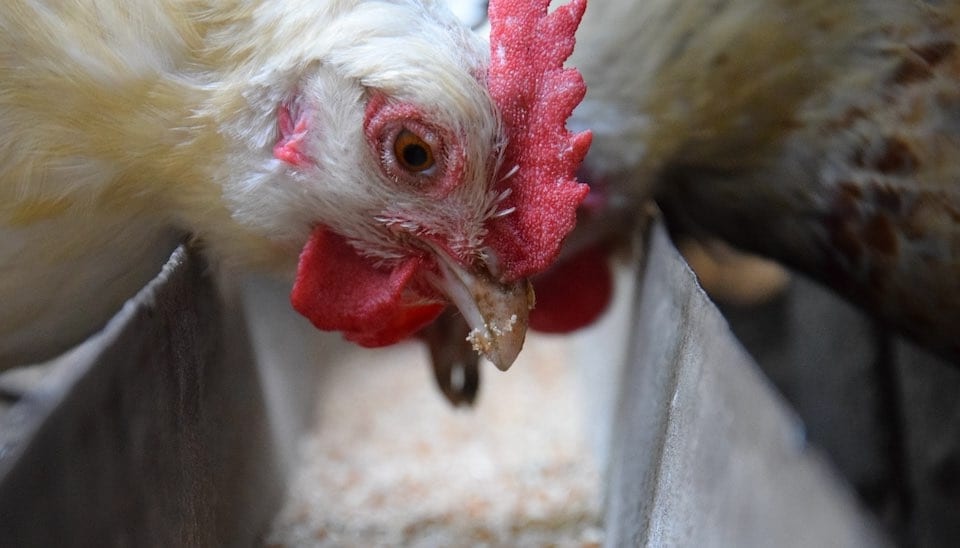Why Have My Chickens Stopped Laying Eggs? Common Causes for New Zealand Keepers
Why Have My Chickens Stopped Laying Eggs? Common Causes for New Zealand Keepers
If your chickens have suddenly stopped laying eggs, whether it’s summer or winter, there are a few common reasons that could explain it.
From moulting to shorter daylight hours, and even hidden eggs or health problems, many factors can affect egg production. In this article, we'll break down the main causes of why chickens stop laying and what you can do to get your hens back on track.
Key takeaways:
- Moulting: When chickens go through their yearly moult, they stop laying eggs while they regrow their feathers.
- Less Daylight: Hens need around 14 hours of daylight to lay regularly. Shorter days in winter can slow or stop egg production.
- Heat Stress in Summer: Hot summer days can lead to stress, causing your chickens to stop laying eggs temporarily.
- Hidden Eggs: If your chickens free-range, they may be laying eggs in secret spots instead of their nesting boxes.
- Health Issues or Poor Nutrition: Illness, poor diet, or parasites can reduce or stop egg production.
If your chickens have stopped laying and you're unsure why, check their environment, health, and diet. If you’re looking for advice on coop care or feed options, feel free to contact us for more tips and solutions.
1. Moulting: A Natural Break from Egg Laying
Chickens naturally go through a moulting period about once a year. During this time, they shed old feathers and grow new ones, which requires a lot of energy. As a result, chickens stop laying eggs while they go through this process, which can last several weeks.
Older chickens may take even longer to recover from moulting and lay fewer eggs, or they may stop laying altogether. Commercial layers are particularly prone to this as they age, but even your backyard hens need time to rest.
Be kind to them—they've given you plenty of eggs over the years!
2. Daylight: Shorter Days, Fewer Eggs
Egg production is tied to daylight hours, with hens needing around 14 hours of light to lay consistently. During winter, when daylight is shorter, it's natural for egg production to slow down or stop altogether. If you’ve been wondering, "Why are my chickens not laying eggs in winter?" the lack of sunlight is likely the reason.
To keep your hens laying through winter, you can add extra lighting to the coop. A solar-powered shed light on a timer can give them a few more hours of light before sunrise.
This helps maintain egg production even when the days are short. However, it's perfectly normal for egg production to slow down during winter, so don’t be alarmed if your chickens take a break.
But what if it’s summer, and you're wondering, "Why have my chickens stopped laying eggs in summer?" This can also happen if the summer days are extremely hot. Heat stress can lead to chickens slowing down or stopping egg production altogether. Keep an eye on the weather, and make sure your flock has plenty of shade and cool water to prevent heat-related issues.
Get a reliable chicken waterer to provide fresh water to your birds.
3. Hidden Eggs or Stolen Eggs
If your chickens are free-ranging and you’re not finding many eggs in their usual nesting boxes, they might have decided to lay eggs elsewhere. Hens can be quite sneaky and often find hidden spots like under bushes, behind garden sheds, or even inside plant pots to lay their eggs. If this is the case, you might need to go on an egg hunt around your yard to find their hidden nests.
If your chickens are confined to a coop and you’re still not seeing eggs, there’s a chance a predator is stealing them. Rats, possums, and even other birds can sneak into the coop and take the eggs. It’s also possible that some hens have developed the habit of eating their own eggs. If you notice broken eggshells or no eggs at all, this could be the reason. You’ll need to address these issues quickly to avoid losing more eggs.
4. Health Issues and Poor Nutrition
A common reason why chickens stop laying eggs is due to health problems or poor nutrition. Chickens need a balanced, nutritious diet to stay healthy and produce eggs consistently. If your hens aren’t getting the right nutrients, or if they’re suffering from illnesses, egg production may slow down or stop entirely.
If you’re asking, "Why are my chickens not laying eggs?", it could be because they’re not getting the nutrients they need. Make sure to feed your flock a high-quality, complete chicken feed designed specifically for laying hens. This will give them the essential vitamins, minerals, and proteins they need to stay productive. You can also offer fresh, organic greens from your garden as a healthy supplement.
Feed companies continually improve feed based on what a bird requires to be optimally healthy. When you alternate the food source, you dilute the nutritional intake that laying hens need to remain productive.
Health issues like parasites, respiratory infections, or even stress from environmental changes can also affect egg production. Pay close attention to any signs of illness such as lethargy, weight loss, or respiratory distress, and address any health concerns promptly to keep your chickens in top shape.
5. Poor Flock Management and Environmental Stress
Another reason chickens may stop laying eggs is due to poor flock management or environmental stress.
Chickens are sensitive to overcrowding, lack of space, and poor living conditions, all of which can affect their ability to lay eggs. Overcrowded coops can lead to stress, aggression, and even illness among your flock, so it’s important to provide enough space for your hens to move around comfortably.
Extreme weather, especially hot summers, can also cause stress and lead to reduced egg production. If you’ve been asking, "Why did my chickens stop laying eggs in summer?" or "Why are my chickens not laying in summer?", heat stress could be the answer. Make sure your chickens have access to shade, cool water, and a well-ventilated coop to help them cope with high temperatures.
Additionally, chickens need constant access to clean water and high-quality feed. Water is especially important since eggs are made up of about 90% water, and hens need plenty of hydration to produce them.
Consider using Dine-A-Chook drinkers to provide fresh, clean water on demand, and Dine-A-Chook feeders to keep their feed dry and protected from pests.
6. Parasite Prevention: Mites, Lice, and Worms
Parasites such as mites, lice, and worms can severely impact egg production. Infestations cause discomfort, reduce nutrient absorption, and lead to illness. Regularly check your chickens for external parasites and treat the coop with appropriate products to prevent infestations. In severe cases, consult a vet for targeted treatment options.
To prevent worms and other parasites, consider implementing a deworming program twice a year. A proactive approach will help keep your chickens healthy and productive.
Conclusion
Chickens may stop laying eggs for a variety of reasons, but most of these issues can be resolved with a few adjustments. By understanding the causes—whether it’s moulting, reduced daylight, health issues, or environmental stress—you can take the necessary steps to get your hens laying again. For more tips on keeping your flock healthy and productive, visit our blog or contact us for expert advice.







